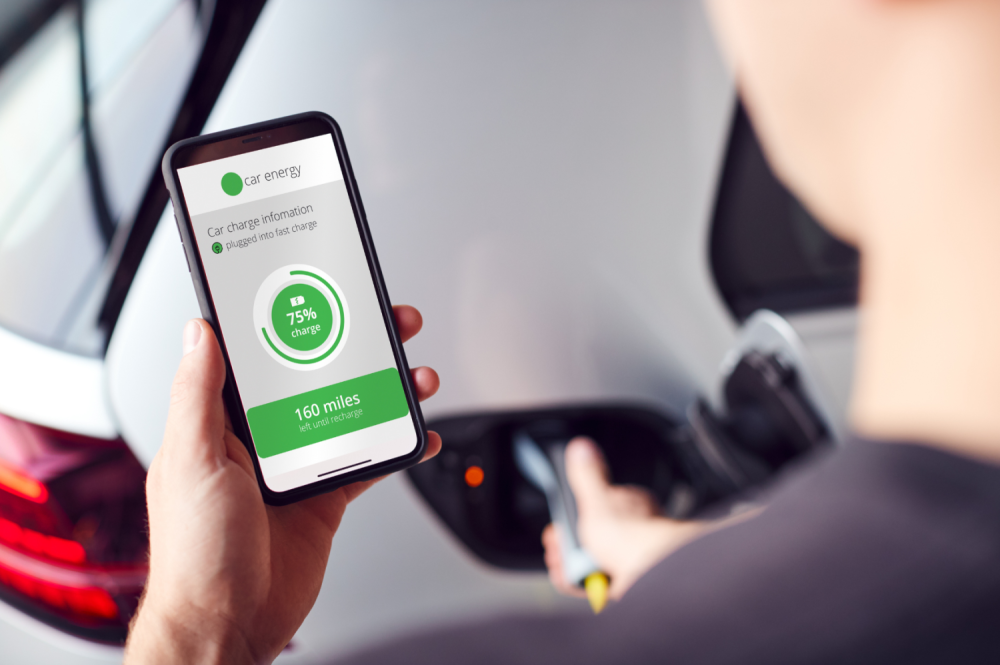EVs are currently one of the fastest growing automotive segments globally with a lot of misinformation being thrown around about them coupled with government policy support.
Below we have taken some info from the Australian Electric Vehicle Council to help bust some of the more common complaints about EVs.
Limited range and takes longer to charge
Unlike queuing up at gas stations, the majority of powering your EV can be done while you’re at home. With advancements in technology, charging times are decreasing rapidly to up to 6-8 hours or overnight for a full charge. With access to a public fast charger, you can expect a full charge in 3 hours.

Electric vehicles are more expensive
With prices of batteries coming down and increased innovation in EVs, they are becoming more affordable and are now available in the $40,000 – $50,000 mid-range. With even lower running costs than a traditional Internal Combustion Engine Vehicle (ICEV) and fewer moving parts, this also means they require less maintenance. The more obvious savings from EV ownership is on fuel. Battery EVs don’t need any petrol or diesel and are charged with electricity and if an EV user has a solar panel, charging is free. The upfront costs are still higher but powering EVs is about 70% cheaper per kilometre. That means the average EV driver saves $1,600 on fuel costs each year.
The grid won’t handle the increased power demand
Electric vehicles are 5 to 6 times more energy-efficient than the best ICEV. Managed correctly and utilising new battery discharging technology (where your house can draw power from your car), EVs can increase the reliability of the grid while reducing the unit price of electricity for everyone.
Not good for the environment
The net emissions generated by EVs are lower than an internal combustion engine vehicle (ICEV). With zero tailpipe emissions, they emit a fraction of global warming pollutants generated by fuel-powered vehicles. As grids become cleaner, EVs become cleaner too.
EV Batteries won’t last
The majority of manufacturers now offer a battery warranty that’s usually around 100,000 miles or 8 years for 70%capacity. EVs charge in a much smarter fashion as well, replenishing depleted cells that distribute the load across many thousands of cells that make up the pack. Unlike a smartphone battery that degrades considerably after a couple of years but is charged every day, the average driver will only charge their EV a few times a month.
Batteries are dangerous and costly
Driving a vehicle with a battery is no more dangerous than driving a traditional ICEV. In fact, evidence suggests that lithium-ion batteries used in EVs are in fact as safe or even safer than conventional fuel.
To read more on busting the above myths, visit the Australian Electric Vehicle Council.
For information on how StreetFleet can help your fleet move to EVs or for you to novated lease an EV, please reach out to us today on 1300 273 359 or leave us an enquiry here.


